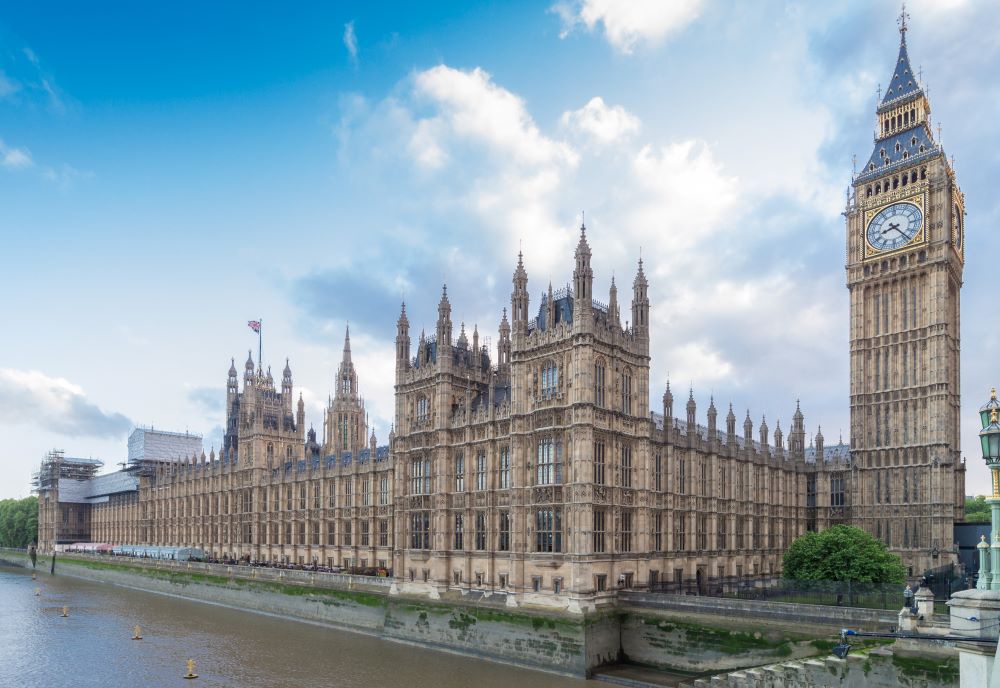
This year is set to be a major one for UK politics, as Brits will likely be heading to the polls following prime minister Rishi Sunak’s recent declaration that it will be “an election year”.
Though a date remains elusive, the Guardian reported last week that Labour Party officials have been ordered by leader Sir Keir Starmer to draft final versions of manifesto policies ahead of what the party expects will be a spring election.
While the PM has not publicly revealed the date of the general election, the Telegraph reported that Conservative strategists have pencilled 14 November as the next election date, while party chairman Richard Holden suggested there was a “one-third” chance of an election in May.
One big moment early in the year for government spending has already been put in the diary, however: the Spring Budget, which was set for 6 March by the Treasury last week.
Impact on trade
Institute of Export and International Trade (IOE&IT) public affairs lead Grace Thompson suggests that a general election year “is always going to bring an added feeling of uncertainty to the business community”.
“Not only are there often last-minute changes to policies and unexpected aspects revealed in manifestos, there is also obviously the big question: ‘Who will actually be in the next government?’
“With at least 83 MPs already declared as standing down at the next election, the actual make-up of the next Parliament, as a whole, will also look very different.”
As for the implications for those businesses involved in trading internationally, Thompson says, “their hopes are most likely to be that the next government – whatever their stripe – provides a stable regulatory environment” as part of a “business-focused mandate”.
It’s also crucial, she adds, that the next government shows “a vision for international trade which is clear, deliverable and gives long-term stability”.
Interest rate shake-up?
With inflation remaining at 4.3% in December, questions are likely to continue to grow around the Bank of England’s interest rate, which remains at 5.25%.
While inflation appears to be coming down, the UK’s growth rate remains sluggish and Sunak may be handed a boost should rates drop further to stimulate stronger growth, as is predicted by a majority of 41 economists polled in a recent piece from the Times.
Crunch talks calling
Trade deal talk is likely to continue in 2024 as the UK looks to conclude negotiations with India over a major agreement, though there is likely to be further wrangling over visas for Indian migrants coming to the UK, as well as workers’ rights and environmental questions.
India is the world’s largest democracy, and the election being held there this year could have its own implications for the UK’s talks with the country, as PM Narendra Modi looks to secure a third term in office.
Thompson says it’s important to be ready for the possibility that unexpected events could affect talks like these.
“With more than 70 countries around the world holding elections in 2024, wider global politics and associated events will continue to have surprising effects on UK politics and business fortunes – in short, expect the unexpected!”
Speaking at the end of last year, IOE&IT director general Marco Forgione said that “the coming 12 months are likely to see further changes” following a busy 2023, “with potential political turning points in a number of countries, including the UK, where there is the possibility of a first Labour government in 14 years”.
From an international trade perspective, he added:
“Whoever enters 10 Downing Street next year, we will be looking to ensure their government is committed to free trade and has a strategy in place that enables investment in UK business. This strategy also needs to address some of the systemic problems we face, including declining productivity and the need to bolster supply chain resilience.”



